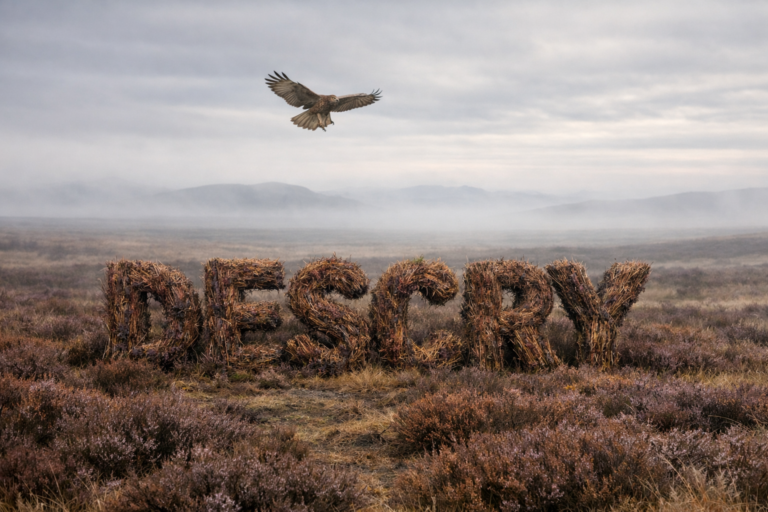Today's Popular Words
Descry
- Today's Word

Descry
dih-SKRY
Definition
![]() (verb) To catch sight of something difficult to see; to discover or detect something by careful observation.
(verb) To catch sight of something difficult to see; to discover or detect something by careful observation.
Example
![]() After an hour of scanning the hillside, she finally descried the outline of the elk standing motionless among the trees.
After an hour of scanning the hillside, she finally descried the outline of the elk standing motionless among the trees.
Word Origin
![]()
From Old French descrier, meaning “to proclaim” or “to cry out about” — which itself evolved to mean “to spot and announce.” The word entered English in the 14th century. It shares roots with “describe” and “decry,” all descending from Latin clamare (“to cry out”) through Old French. The journey from “crying out” to “spotting at a distance” reflects how scouts and lookouts would cry out when they spotted something on the horizon.
![]() Fun Fact
Fun Fact
“Descry” was a staple of Romantic and Victorian poetry, used by Keats, Tennyson, and Wordsworth for its particular quality — it implies not just seeing, but discovering something faint or far away. It has nearly disappeared from everyday speech but survives in literary writing. Interestingly, it’s often confused with “decry” (to openly criticize), which is a completely different word — a mix-up that has probably contributed to “descry” being gradually abandoned by everyday writers who’d rather not risk the confusion.

Top 12 Benefits of Learning New Words
Expanding your vocabulary can offer a wide range of benefits that contribute to personal, academic, and professional growth. Learn some of the advantages.





